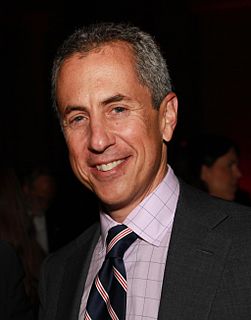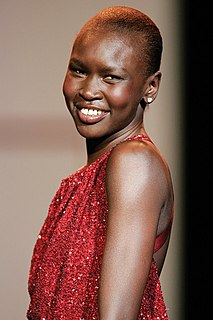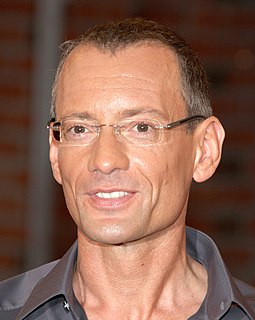A Quote by Danny Meyer
Long before Starbucks popularized the phrase 'the third place' - somewhere to interact outside of work and home - it was neighborhood restaurants that helped to define places like Union Square.
Related Quotes
When I first discovered in the early 1980s the Italian espresso bars in my trip to Italy, the vision was to re-create that for America - a third place that had not existed before. Starbucks re-created that in America in our own image; a place to go other than home or work. We also created an industry that did not exist: specialty coffee.
I look at Starbucks, Howard Schultz has made many brilliant decisions, and one of the things that they did was they invented the third space. It's not work, it's not home. That's one of the engines of its spread. But at the same time he was doing that, he bet the farm to open more and more stores in any given town, and making it ubiquitous made it much easier to say to your friend, I'll meet you at Starbucks.
If you have an all-white neighborhood you don't call it a segregated neighborhood. But you call an all-black neighborhood a segregated neighborhood. And why? Because the segregated neighborhood is the one that's controlled by the ou - from the outside by others, but a separate neighborhood is a neighborhood that is independent, it's equal, it can do - it can stand on its own two feet, such as the neighborhood. It's an independent, free neighborhood, free community.
Nowadays when a person lives somewhere, in a neighborhood, the place is not certified for him. More than likely he will live there sadly and the emptiness which is inside him will expand until it evacuates the entire neighborhood. But if he sees a movie which shows his very neighborhood, it becomes possible for him to live, for a time at least, as a person who is Somewhere and not Anywhere.
Part of that is ordinary African-Americans, you come out of your house and you see the conditions in your neighborhood and you see, folks in your neighborhood doing certain things that, are irresponsible. You know, the thing I always think about, you get up early in the morning to go to work and there's some dude outside drinking and you come home and the same dude is outside drinking hanging on the corner. And then this engenders a level of anger I think and a level of shame.
When Allen Ginsberg was still alive, he was was an artist, but he was very local. He was just another wing-nut in the neighborhood and he was very accessible. You'd see him in Tompkins Square Park or in the local delicatessen, in one of the greasy spoon restaurants on First Avenue or a Chinese restaurant.
The first year I was in office, only about 800 people came out of the Soviet Union, Jews. By the third year I was in office... second year, 1979, 51,000 came out of the Soviet Union. And every one of the human rights heroes - I'll use the word - who have come out of the Soviet Union, have said it was a turning point in their lives, and not only in the Soviet Union but also in places like Czechoslovakia and Hungary and Poland [they] saw this human rights policy of mine as being a great boost to the present democracy and freedom that they enjoy.

































